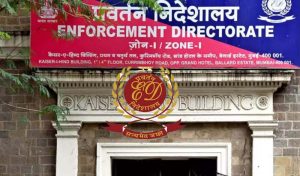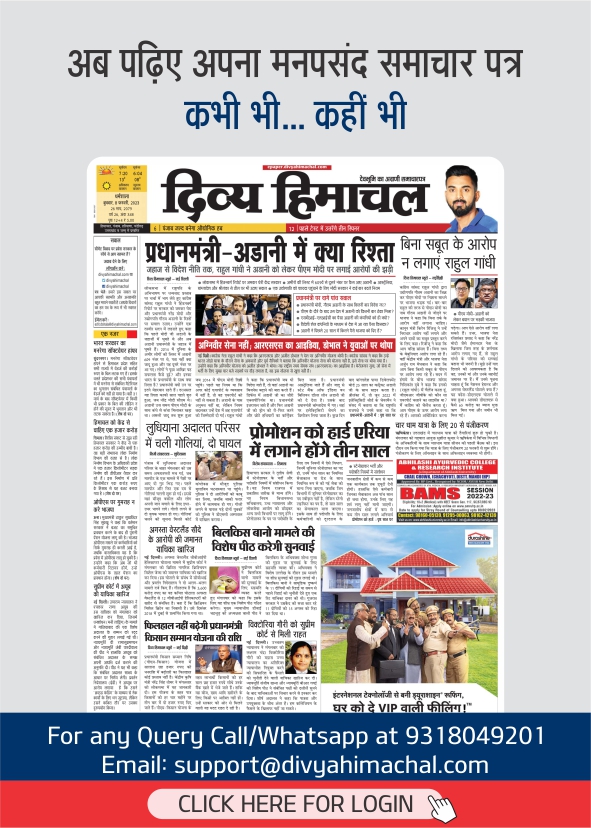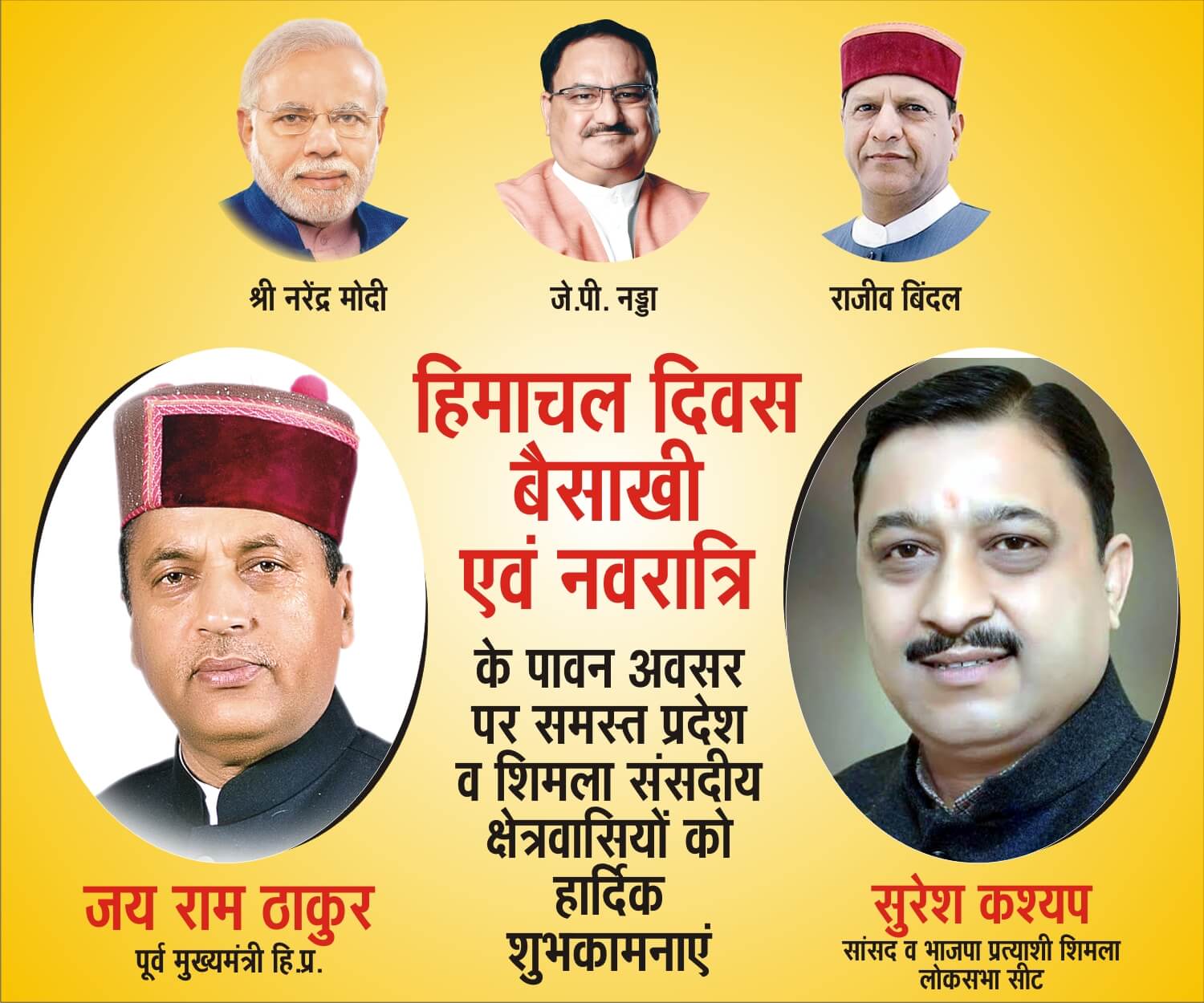Let’s Beware Of Making Modi The New Nehru
Bhakti in politics rarely ends well

Founder of Divya Himachal & Author of ‘Why India Needs the Presidential System’

Ambedkar was the first to caution Indians against this personal bhakti in politics. In his last speech in India’s Constituent Assembly, Ambedkar noted, “in India, Bhakti… plays a part in its politics unequalled in magnitude of any other country.” He went on to say, “Bhakti in religion may be a road to the salvation of the soul. But in politics, Bhakti or hero-worship is a sure road to degradation and to eventual dictatorship.”
Research has shown that when leaders are made messiahs they lose touch with reality. They begin to think they are superior to the masses that brought them to power. This leads to self-aggrandizement, arrogance, amassing of power, and corruption. In a 2010 study, two professors at a university in the Netherlands showed that “power corrupts, but it corrupts only those who think they deserve it.” Their research concluded that such leaders “feel at some intuitive level that they are entitled to take what they want.” This moral pliability is not limited to taking money; it extends to their decisions. Nehru, as we all know, was incorruptible, but his urges for self-glorification and centralisation of power became worse as he gained more and more popularity.
* While Nehru once said, “I… want a strong opposition.” Modi simply wants a “Congress-mukt Bharat.” Now this should worry all true lovers of India.
Nehru began to differentiate between his “natural love of power to do good,” versus others’ “unnatural power clothed with a superfluous desire to be useful to society.” This was in 1958, after withdrawing his third resignation as PM on the pleas of his party. “The Nehru years,” writes Granville Austin, famed chronicler of India’s Constitution, “institutionalised centralisation.” Nehru’s sense of infallibility, combined with a lack of strong opposition, led to many troubles: abuses of preventive detention and President’s Rule; extreme centralisation of economy and administration; botched federalism; and a failed China policy which led to war, just to name a few.
* Nehru… was incorruptible, but his urges for self-glorification and centralisation of power became worse as he gained more and more popularity.
Modi has much in common with Nehru. He is a charismatic leader and a great orator. He is the only politician of his time with pan-India popularity. His personal integrity is beyond reproach. Modi is also a dedicated party-man with great influence over his party’s cadre, and total control over its officials. Also, like Nehru, his messages are wrapped in fervent nationalism and convey a sense of building a great nation. In the international arena too Modi’s love for stature matches that of Nehru’s. At home, Modi has shown the same inclinations for centralisation and personal control, and working in secret. But the most worrisome similarity is that Modi has that same keen sense of speaking the language of democratic traditions, but following them only when it’s convenient.
All this is not to take anything away from Modi, but just to highlight how desperately India needs a strong opposition party. It was the lack of a strong opposition that allowed Nehru to indulge in his follies, for India’s system of government allows PM autocratic control. We saw its extreme case during Indira Gandhi’s Emergency. What worries me is that we have the same system at Modi’s disposal. Far from compelling him to decentralise or work in an open fashion, this system would lure him. And Modi would succumb to his lust for power and fame.
Of course Modi-bhakts don’t want to hear this. Neither did Nehru-bhakts. By definition, devotees think their idol can do no wrong and is an epitome of virtue. The smart view, however, is to learn from history, that there is no such thing as an infallible human being. In truth, the best service the followers can provide to a promising leader is to compel him to face criticism and scrutiny.
The problem is India’s opposition doesn’t have much to offer at this stage. They are not united, they don’t have a message, nor do they have a leader to rival Modi. This lack of an alternative has pushed even the most fair-minded Indians into Modi’s camp. The recent state elections have decimated the current Congress leadership of Rahul Gandhi and his advisers. Akhilesh Yadav showed some promise but he is wet behind the ears. Mamata Banerjee only has a regional following. No state leaders from the south have any name recognition in the north. Nitish Kumar of Bihar has the best credentials, but he joined with the likes of Lalu Yadav, notorious for small-minded caste-based politics.
* The most worrisome similarity is that Modi has that same keen sense of speaking the language of democratic traditions, but following them only when it’s convenient.
The best hope for providing strong national opposition still lies with the Congress. The party must immediately change its culture of privilege and sycophancy. It must allow its many long-ignored but good leaders to come on national stage. It should implement internal democracy. This will bring up leaders with the widest support and most uplifting ideas. It has many seasoned and well-known politicians – P. Chidambaram, Shashi Tharoor, Anand Sharma, Amarinder Singh, Jyotiraditya Scindia, etc.—who should be able to lead the party out of doldrums. But time is of the essence. If history is any guide, it took the BJP more than 15 years to become a national alternative to the Congress party.
The Congress, however, has a special worry. For when it comes to the need for strong opposition Modi’s approach is entirely different from that of Nehru. While Nehru once said, “I do not want India to be a country in which millions of people say ‘yes’ to one man, I want a strong opposition.” Modi simply wants a “Congress-mukt Bharat.” Now this should worry all true lovers of India.
Keep watching our YouTube Channel ‘Divya Himachal TV’. Also, Download our Android App















